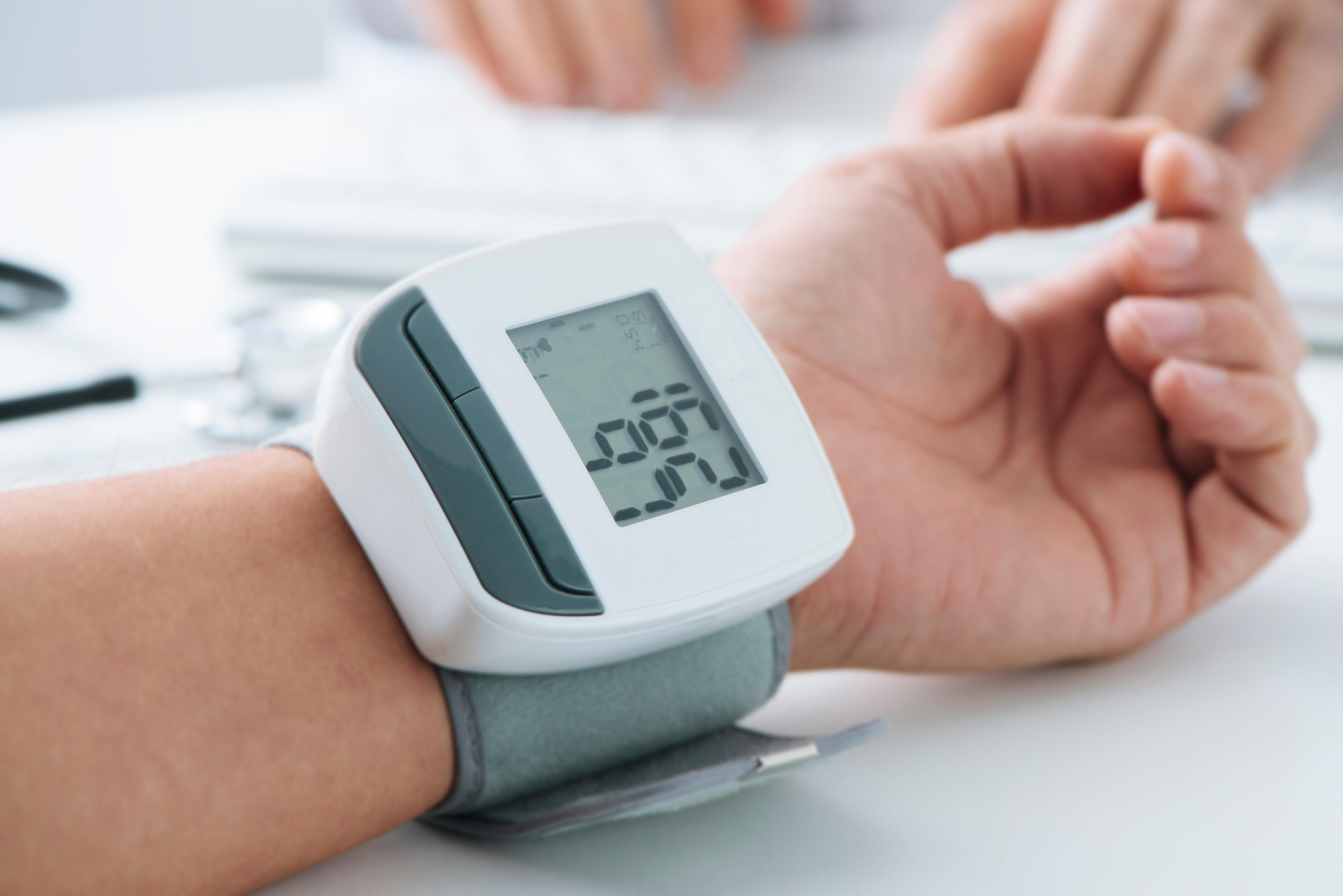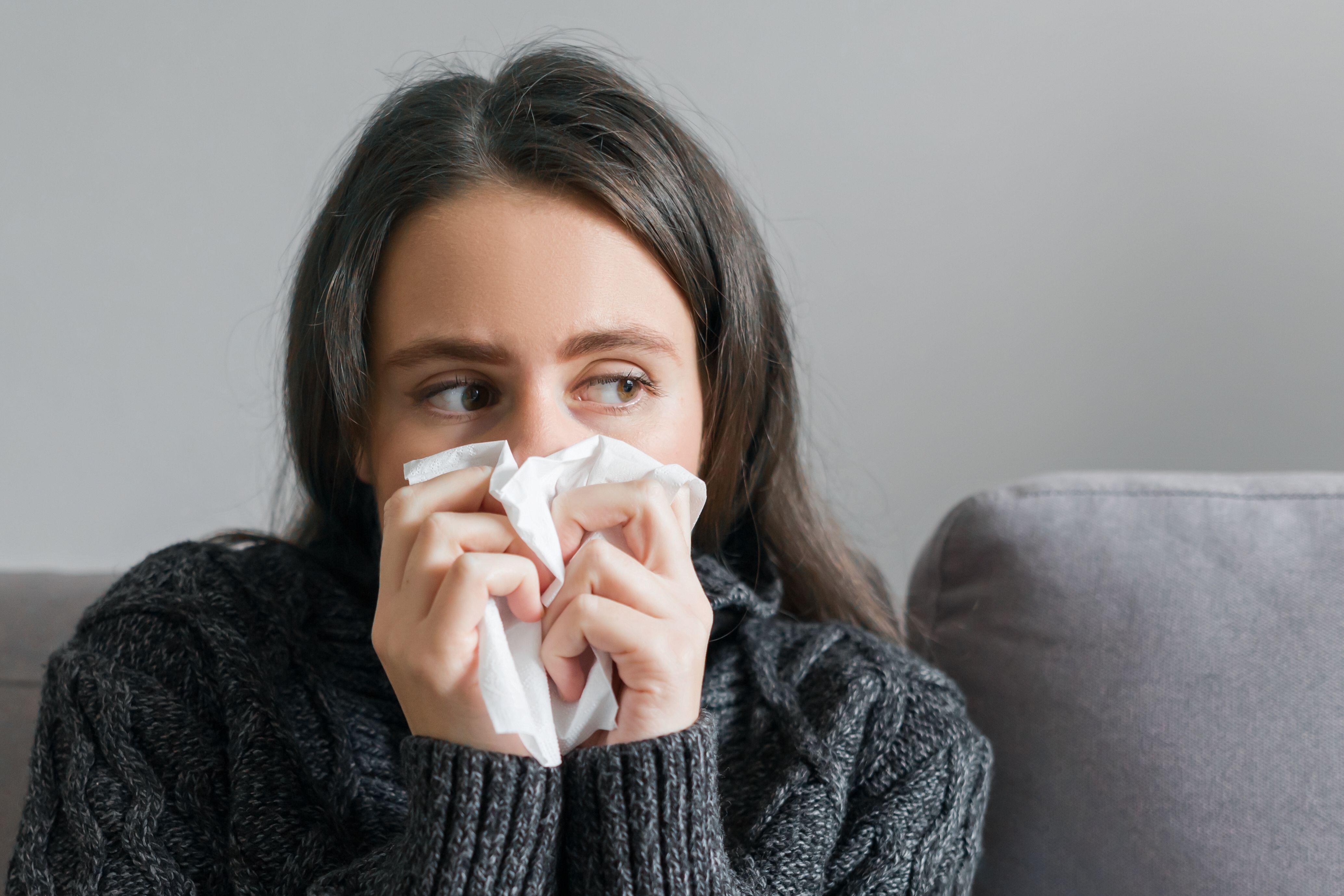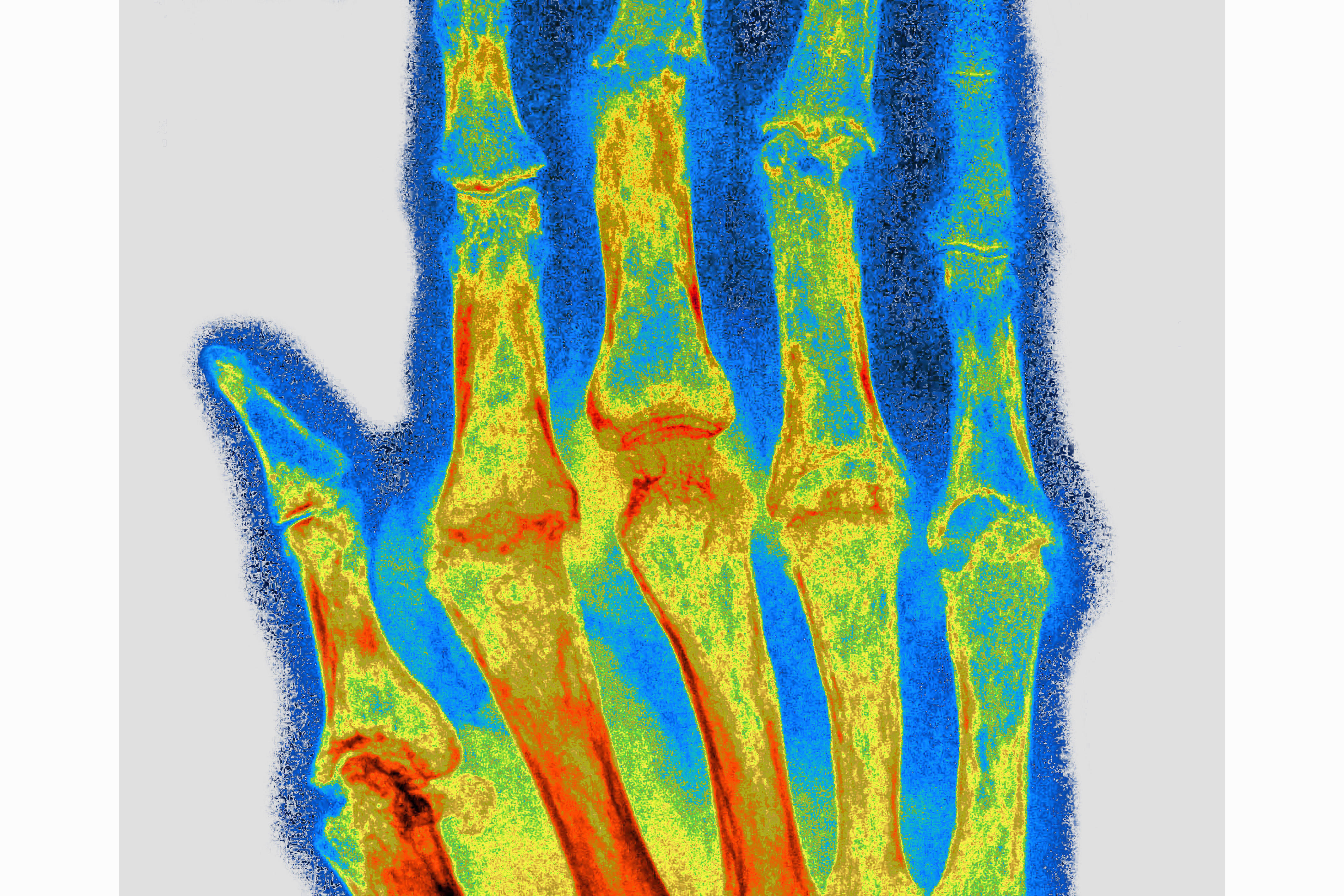A new study has determined that more than a third of ‘midlifers’ (in this instance, aged between 46 and 48), have multiple chronic health problems, and that the trend is heading in the wrong direction.
The research, published in the journal BMC Public Health, analysed 7,951 adults who have been tracked since birth, and found 34% of people in the age group have two or more long-term health conditions.
These were the most common problems identified in the study, and how to recognise and prevent them…
1. Back problems
Warning signs: Periodic back pain is not uncommon, does not always have an easily identifiable cause, and will often go away on its own.
If it does not go away within a couple of weeks or months, or worsens to the point that it is interfering with day-to-day life, you should see your GP, who will examine your back and suggest possible treatments.
How to avoid back pain: Among the more nebulous midlife health problems, there are nevertheless various lifestyle shifts that can help placate, if not completely dismiss back pain.
Avoid sitting for long periods where possible, admittedly tricky in many modern offices, and try to adopt a good, straight-backed posture when hunching over a laptop.
Take regular movement breaks, and consider investing in a standing desk, or a chair with added support.

Lift heavy items with with good technique (legs rather than back), and look up good lifting technique if unsure. Ensure your mattress supports you properly too.
As ever, an active lifestyle is perhaps your best buffer, as being overweight in particular places extra strain on your back and spine.
Simple stretching can help ease and avoid back pain, as advised by a GP.
2. High blood pressure
Warning signs: High blood pressure does not come with a simple set of symptoms, and the only way to know your blood pressure for sure is to get it tested.
Rather than searching for signs, the NHS advises all adults over 40 to check their blood pressure at least every five years, as unhealthy readings increase your chance of a range of dangerous ailments including heart attacks, strokes, and kidney disease.

How to avoid high blood pressure: A broad condition rather than a specific disease, the best defence against high blood pressure is simply to live well.
Smoking, drinking alcohol too much or too often, and consuming more than four cups of caffeinated coffee a day can all contribute to heightened blood pressure, alongside a range of other related health risks.
It’s hardly rocket science, but a healthy diet and active lifestyle should keep your blood pressure within a manageable range.
Salt in particular puts your blood pressure up (the NHS advises consuming less than 6g of salt, or one teaspoon, per day), while being overweight forces your heart to work harder to pumping blood around your body.
3. Bronchitis
Warning signs: An inflammation of the tubes carrying air to and from your lungs, bronchitis tends to develop from a cold, and often manifests as a cough that can produce mucus, shortness of breath, fatigue, and discomfort in the chest.
Acute bronchitis is common, but repeated bouts mean you may have chronic bronchitis, and will need to see a doctor.

How to avoid bronchitis: Smoking is heavily associated with bronchitis, both chronic and acute, along with other air-related conditions like pollution, and exposure to toxic irritants in a home or work environment.
If you do smoke, giving up will significantly reduce your chances of developing bronchitis.
4. Arthritis
Warning signs: An umbrella term referring to joint pain and inflammation in various forms, often in the hands, hips, and knees, arthritis is often associated with older people but can cause problems at any age.
Given the many different types it is important to visit a doctor and receive an accurate diagnosis, but most iterations involve join pain and stiffness, restricted movement, weakness, and warm red skin over and around affected areas.

How to avoid arthritis: Genetic predisposition plays an unfortunately large role in the development of arthritis, and those with a family history of arthritis are probably more likely to contract it.
As with many other conditions, being overweight can place extra pressure your joints, particularly your knees, while smoking can also damage your joints in less obvious ways.
Physical injuries and repetitive stresses can also leave your joints more susceptible to arthritis, and it is better to perform daily tasks with larger, more durable joints (eg. stirring with your shoulder rather than your fingers or wrist).
One-off injuries in sports or the workplaces can leave a joint particularly susceptible to arthritis, while typing is a particular danger. Consider wrist cushions and ergonomic keyboards to alleviate the burden on your hands.
5. Diabetes
Warning signs: Probably a more-common-than-you-think condition, there are around 200,000 new diagnoses of Type 2 diabetes every year in England alone, and around 3.4 million people currently living with it.
Early symptoms include blurry vision, excessive thirst or tiredness, itching around the genitals, cuts healing unusually slowly, and needing to pee more often than normal.
The disease can worsen rapidly if untreated, so it is wise to see a doctor quickly.





